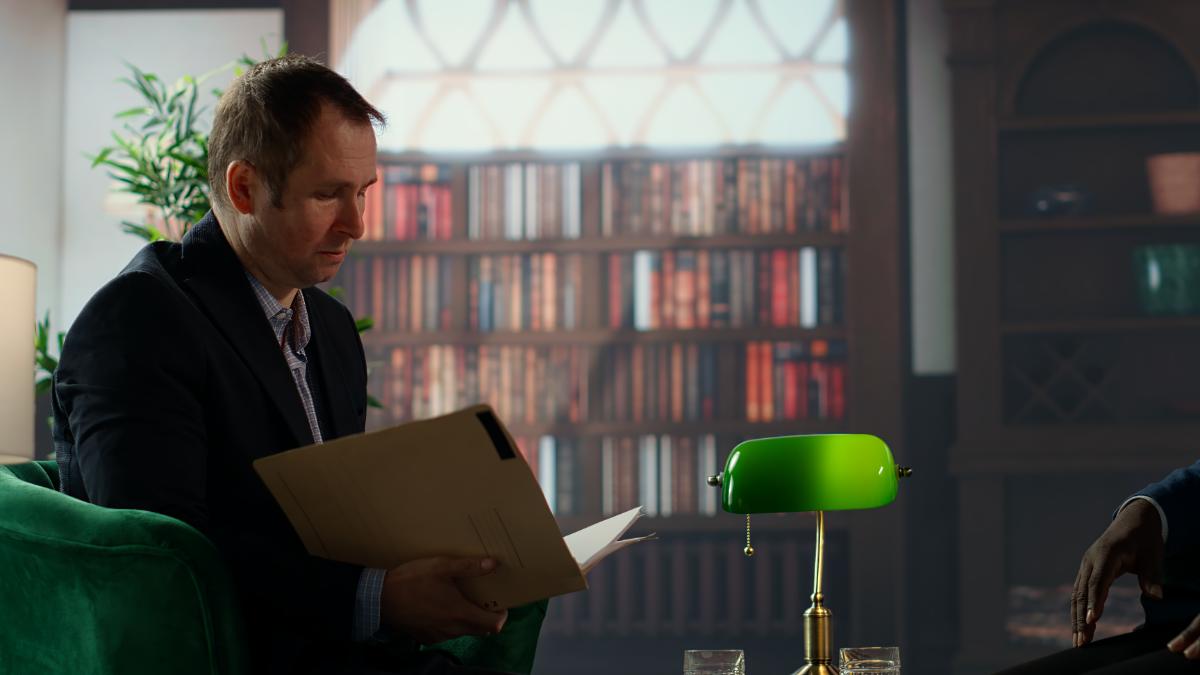A family trust, formally known as a discretionary trust, is one of the most widely used structures in Australian estate and wealth planning. It provides flexibility in distributing income and assets among family members, while also offering potential tax efficiencies and asset protection. However, the same flexibility that makes family trusts attractive can also create significant challenges. Disputes often arise when expectations are mismanaged, trustee obligations are misunderstood, or beneficiaries feel excluded.
Key Legal Issues with Family Trusts
Family trust issues usually surface when expectations clash with legal duties. Trustees must balance discretion with compliance, while beneficiaries often seek clarity on their rights. Below are the most pressing legal concerns.
1. Disputes Between Beneficiaries and Trustees
Family trust disputes frequently centre on the exercise of trustee discretion. One of the most common challenges is when beneficiaries argue that trustees:
- Failed to act impartially,
- Did not consider all beneficiaries, or
- Favoured certain individuals unfairly.
Under Australian trust law, trustees owe strict fiduciary duties. They must act in good faith, for proper purposes, and in accordance with the trust deed. Courts have confirmed that failure to meet these duties can justify judicial intervention, including removal of trustees.
2. Transparency and Access to Information
Beneficiaries are entitled to request trust documents and accounts to ensure trustees are complying with their duties. A refusal to provide transparency can escalate to litigation, where courts may order disclosure to protect beneficiaries’ rights.
3. Taxation Complexities
The Australian Tax Office (ATO) closely monitors family trusts. Common tax-related issues include:
- Family Trust Distribution Tax (FTDT): imposed at 47% when distributions are made outside the defined “family group.”
- Undistributed income: automatically taxed at the top marginal rate.
- Streaming of income: trustees must comply with strict requirements when distributing capital gains or franked dividends.
Failure to manage these correctly can expose the trust to significant penalties.
4. Asset Protection and Creditor Exposure
While family trusts are often used for asset protection, they are not impenetrable. Courts may set aside transfers into a trust if made with the intent to defeat creditors. In family law proceedings, trusts are also scrutinised to determine whether assets should be treated as part of the matrimonial property pool.

Special Considerations for Different Families
Different family structures face unique challenges when it comes to family trusts. What works for retirees may not suit blended families or high-net-worth groups. Considering these distinctions is critical to avoid unnecessary disputes.
- Retirees: Must consider how trust income affects Centrelink entitlements and aged care means tests.
- High-Net-Worth Families: Often operate multiple trusts; careful structuring is required to manage Division 7A, FTDT, and estate succession planning.
- Blended Families: Face heightened risks of disputes. A poorly drafted trust deed can leave stepchildren or second spouses vulnerable, making legal structuring critical.
Resolving Family Trust Disputes
Not all family trust issues require court involvement. In fact, most can be resolved through legal advice and proactive strategies if handled early. Here are the key pathways families typically explore.
Early Intervention
Engaging lawyers early can help clarify trustee powers and prevent conflicts from escalating.
Mediation
Mediation remains the preferred pathway for family trust disputes. It is cost-effective, confidential, and preserves family relationships wherever possible.
Court Intervention
If disputes cannot be resolved informally, the courts have broad powers to:
- Remove trustees who breach fiduciary duties,
- Order accounts and disclosure of trust records,
- Set aside improper distributions, or
- Provide directions to trustees on the exercise of their powers.
Litigation should be viewed as a last resort due to its expense and potential to fracture family relationships permanently.

Alt text 2: Resolving Family Trust Disputes
Frequently Asked Questions (FAQs) About Family Trust Issues
Before seeking legal advice, many families want quick answers to common questions. The FAQs below address some of the most searched concerns about family trust issues in Australia.
What are the most common family trust issues?
Conflicts over distributions, allegations of trustee bias, and lack of transparency are the most frequent sources of disputes.
How do inheritance disputes affect family trusts?
Family trust structures can reduce probate-related challenges, but disputes often arise when wills and trusts intersect in blended family arrangements.
What rights do beneficiaries have if they suspect misconduct?
Beneficiaries can request trust records and, if necessary, apply to court to enforce trustee duties or remove trustees for breach of obligations.
What is the difference between a family trust and a testamentary trust?
A family trust is established during a person’s lifetime. A testamentary trust is created by a will and comes into effect upon death, offering greater control over estate distributions.
How can blended families avoid disputes over trusts?
Clear drafting of the trust deed, combined with testamentary trusts in a will, can secure inheritances and reduce the likelihood of litigation.
Why Legal Guidance is Essential
Family trust issues are rarely straightforward. They involve a combination of fiduciary obligations, tax compliance, estate planning, and often deeply personal family dynamics. Trustees who misunderstand their obligations risk breaching the law, while beneficiaries who fail to act promptly may lose the ability to protect their interests.
For anyone navigating family trust disputes or seeking to establish a trust structure that minimises conflict, expert legal advice is essential. If you are wondering how to find a good family lawyer, Legal Finda makes it easy to connect with experienced trust and estate specialists across Australia.
Get Expert Help with Family Trust Issues
Legal Finda connects Australians with experienced estate planning and trust law specialists. Whether facing a dispute, planning succession, or seeking tax-efficient structures, engaging a qualified lawyer can ensure family wealth is protected and conflicts are resolved with clarity.

LegalFinda Editorial Team
The LegalFinda Editorial Team is composed of qualified Australian solicitors, legal researchers, and content editors with experience across family, property, criminal, and employment law.
The team’s mission is to translate complex legislation into clear, reliable guidance that helps everyday Australians understand their legal rights and connect with the right lawyer.



